Visit to download the full and correct content document: https://textbookfull.com/product/std-10-master-key-english-kumarbharati-mah-ssc-boa rd-2021st-edition-chetana-publications-india-llp/

More products digital (pdf, epub, mobi) instant download maybe you interests ...

Geography Standard X - Master Key 2021st Edition
Chetana Publications (India) Llp
https://textbookfull.com/product/geography-standard-x-masterkey-2021st-edition-chetana-publications-india-llp/

Koren Talmud Bavli Noe Edition Volume 29 Sanhedrin Part 1 Hebrew English Large Color Edition Adin Steinsaltz
https://textbookfull.com/product/koren-talmud-bavli-noe-editionvolume-29-sanhedrin-part-1-hebrew-english-large-color-editionadin-steinsaltz/

Understanding Global Higher Education: Insights from Key Global Publications 1st Edition Georgiana Mihut
https://textbookfull.com/product/understanding-global-highereducation-insights-from-key-global-publications-1st-editiongeorgiana-mihut/

Understanding Higher Education Internationalization: Insights from Key Global Publications 1st Edition Georgiana Mihut
https://textbookfull.com/product/understanding-higher-educationinternationalization-insights-from-key-global-publications-1stedition-georgiana-mihut/





ScoreMore 21 Sample Papers Biology CBSE Class 12 MTG
Editorial Board pdf 2021st Edition Mtg
https://textbookfull.com/product/scoremore-21-sample-papersbiology-cbse-class-12-mtg-editorial-board-pdf-2021st-edition-mtg/
ScoreMore 21 Sample Papers Chemistry CBSE Class 12 MTG
Editorial Board pdf 2021st Edition Mtg
https://textbookfull.com/product/scoremore-21-sample-paperschemistry-cbse-class-12-mtg-editorial-board-pdf-2021st-editionmtg/
Learning and Intelligent Optimization 10th
International Conference LION 10 Ischia Italy May 29
June 1 2016 Revised Selected Papers 1st Edition Paola Festa
https://textbookfull.com/product/learning-and-intelligentoptimization-10th-international-conference-lion-10-ischia-italymay-29-june-1-2016-revised-selected-papers-1st-edition-paolafesta/
Network and Parallel Computing 15th IFIP WG 10 3
International Conference NPC 2018 Muroran Japan November 29 December 1 2018 Proceedings Feng Zhang
https://textbookfull.com/product/network-and-parallelcomputing-15th-ifip-wg-10-3-international-conferencenpc-2018-muroran-japan-november-29-december-1-2018-proceedingsfeng-zhang/
lacanian ink 29 From an Other to the other Josefina Ayerza
https://textbookfull.com/product/lacanian-ink-29-from-an-otherto-the-other-josefina-ayerza/


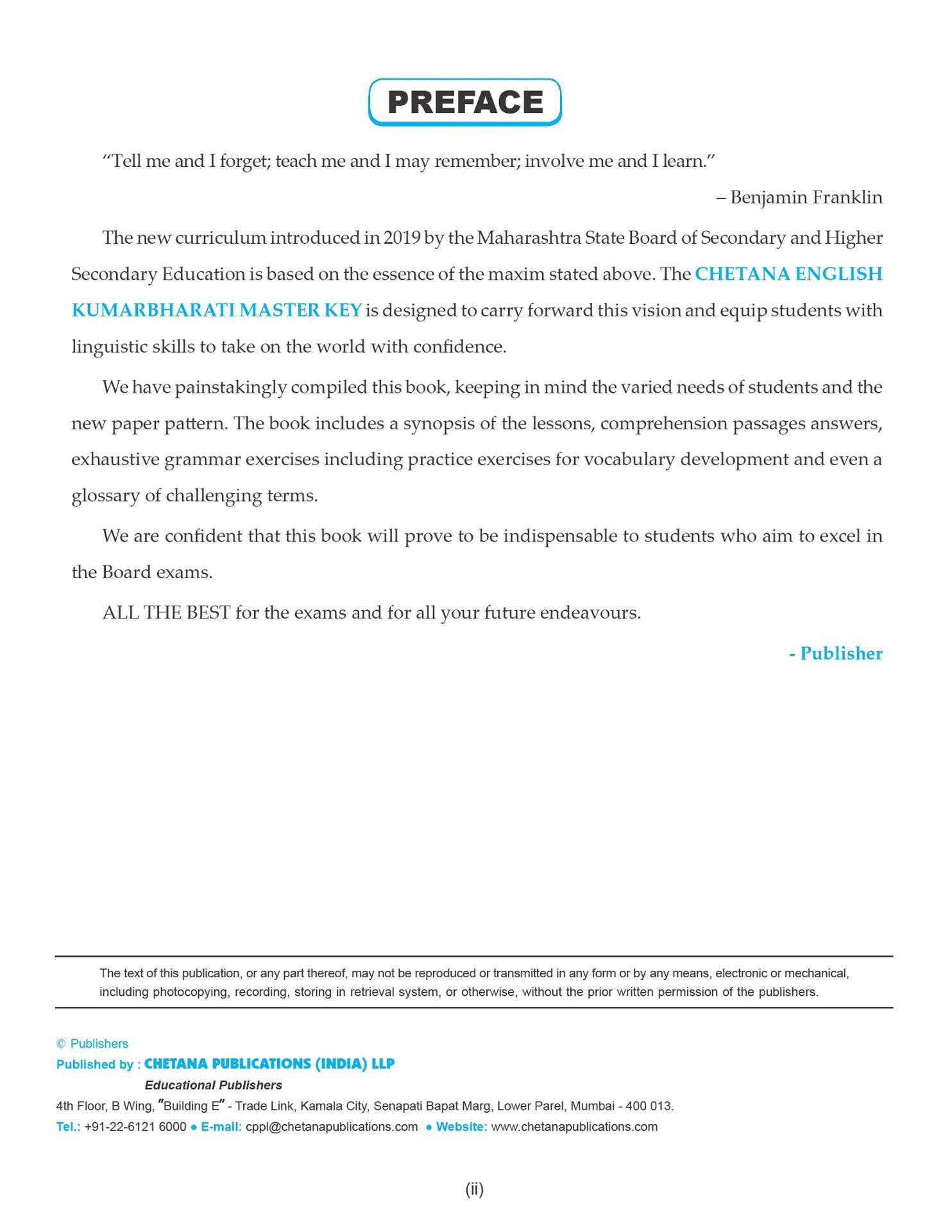
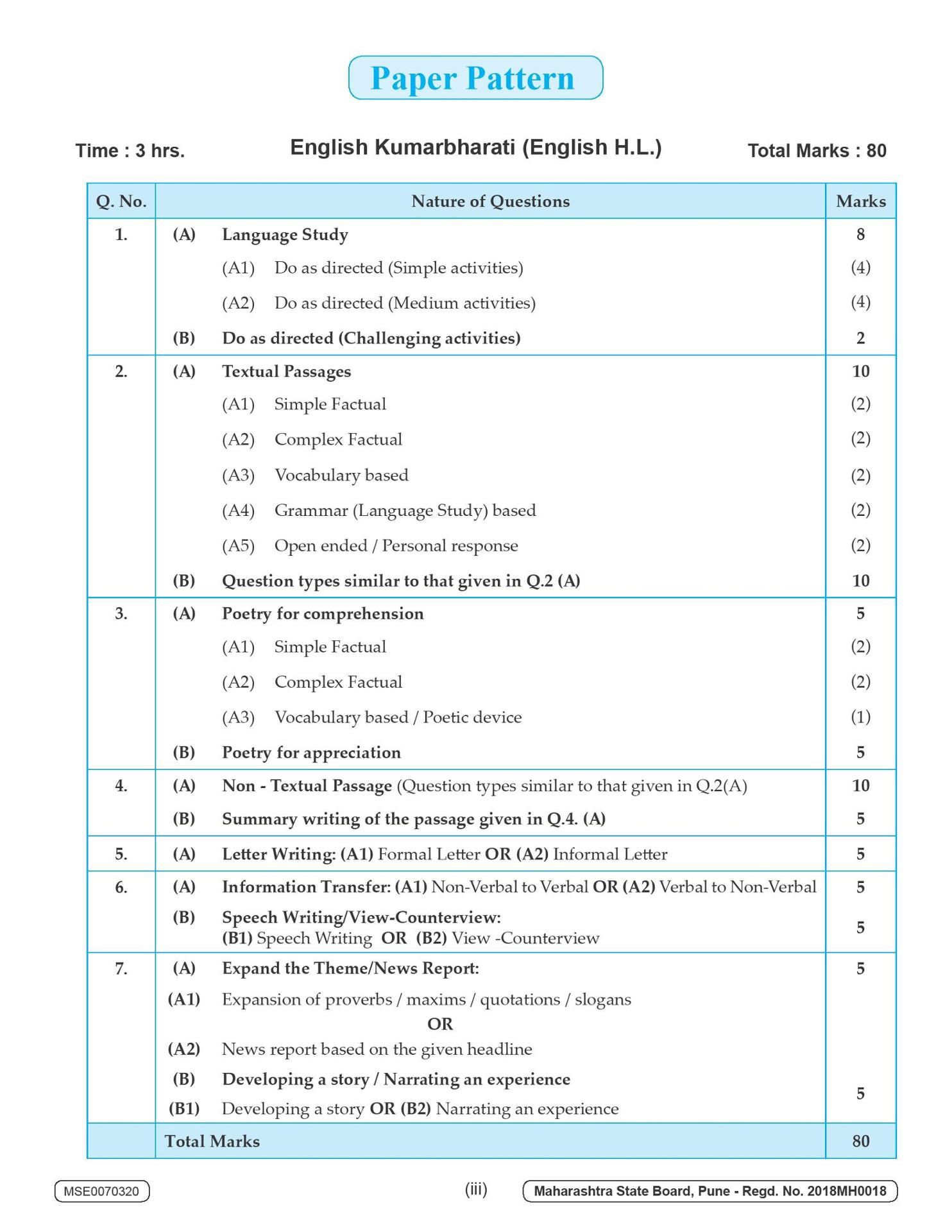


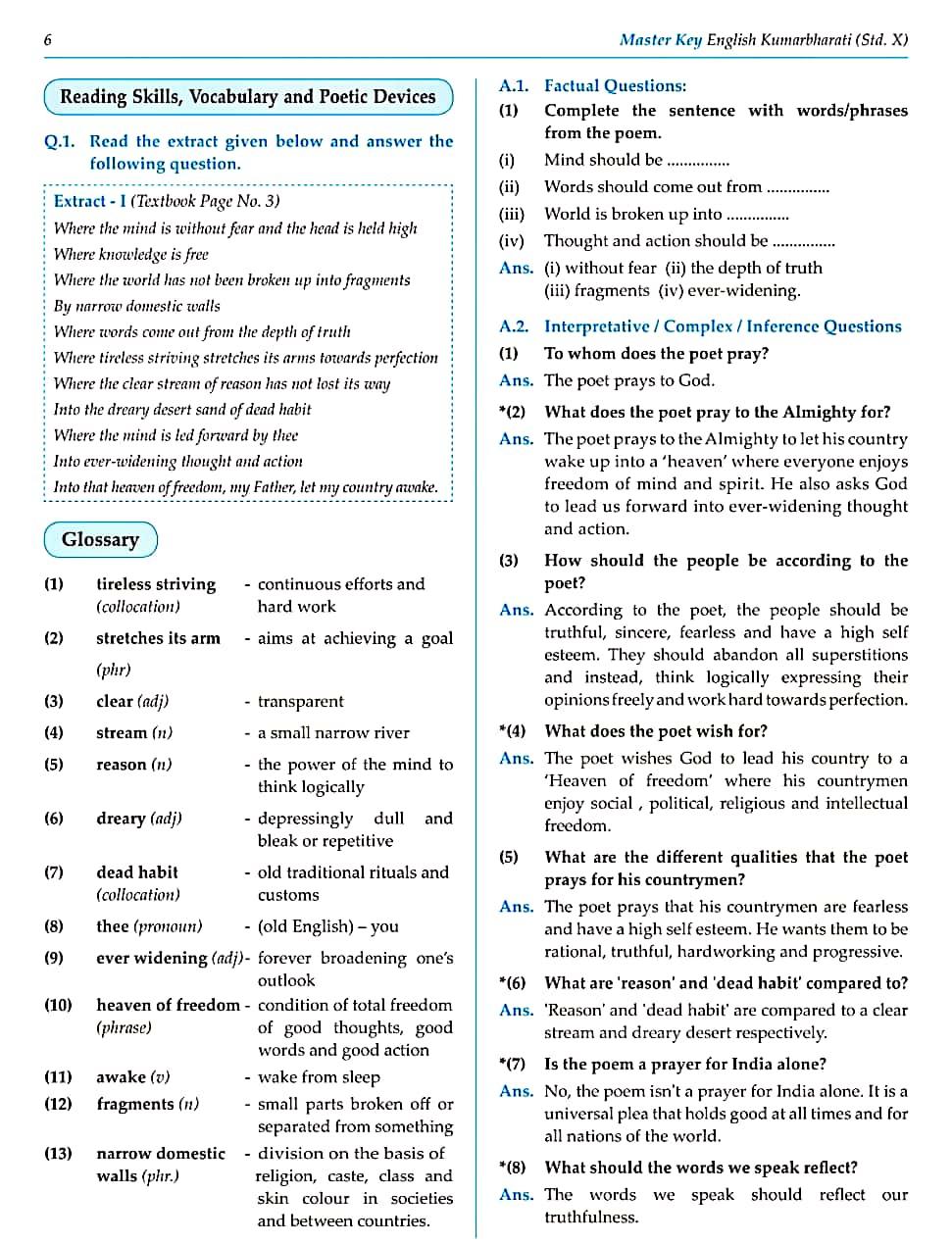
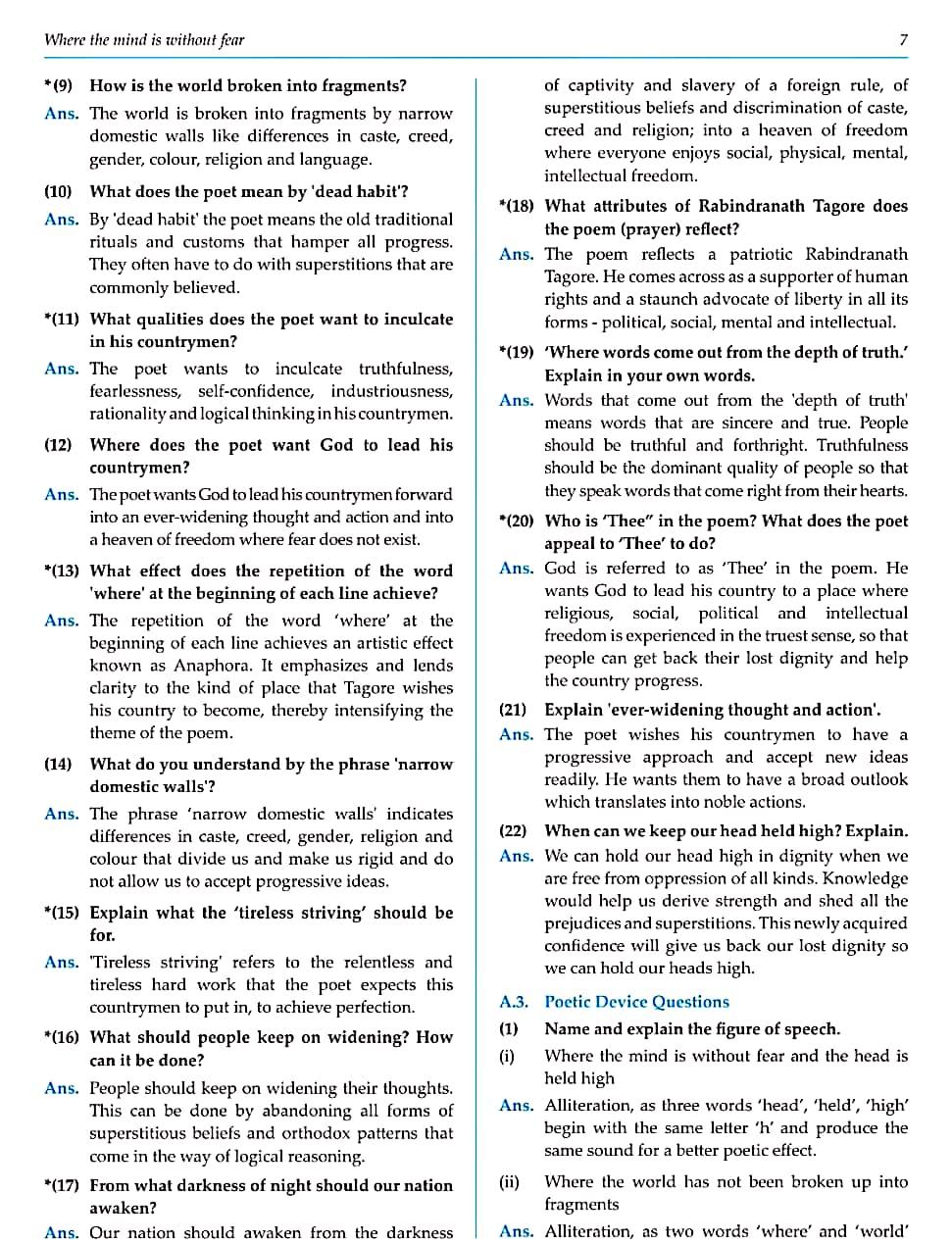
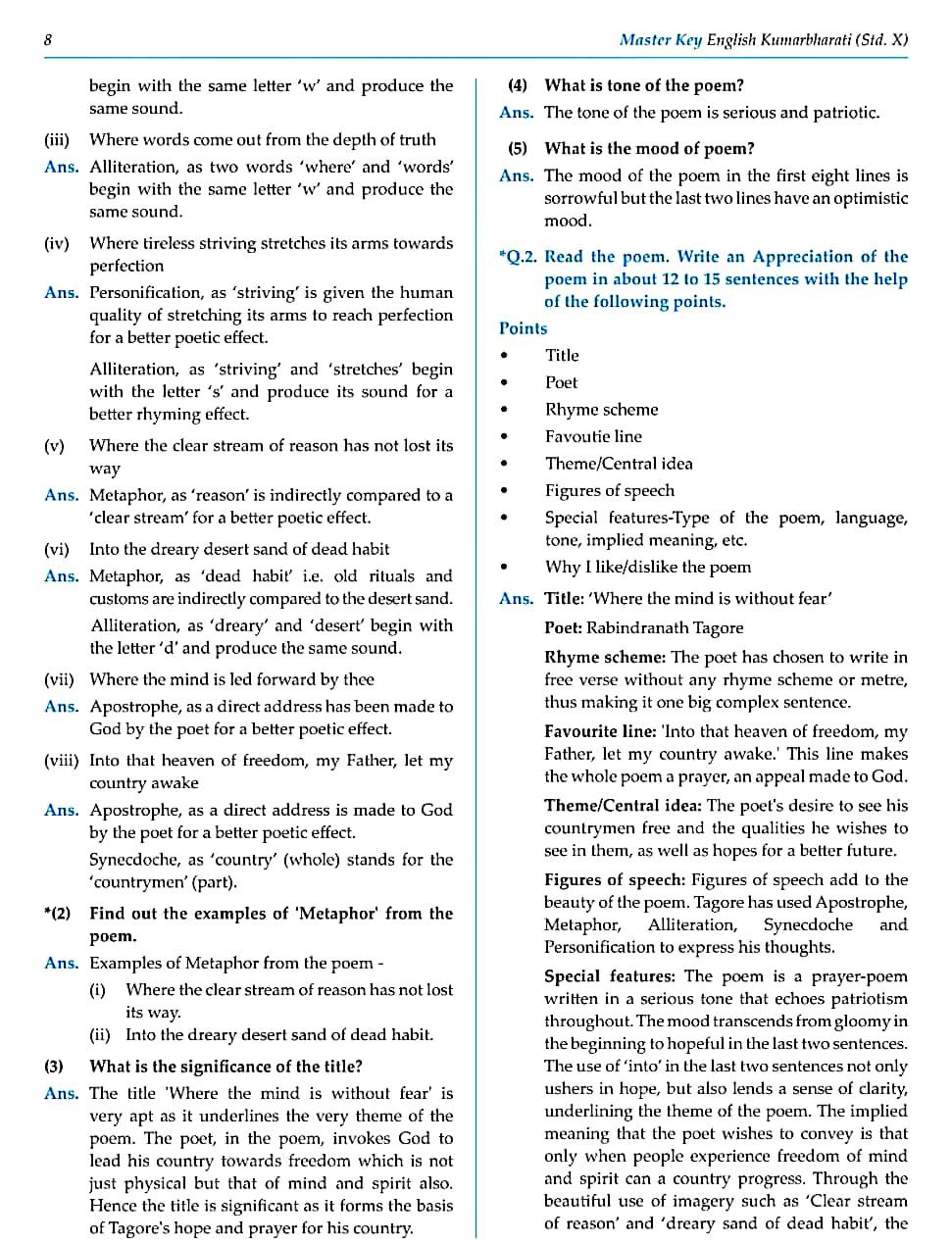

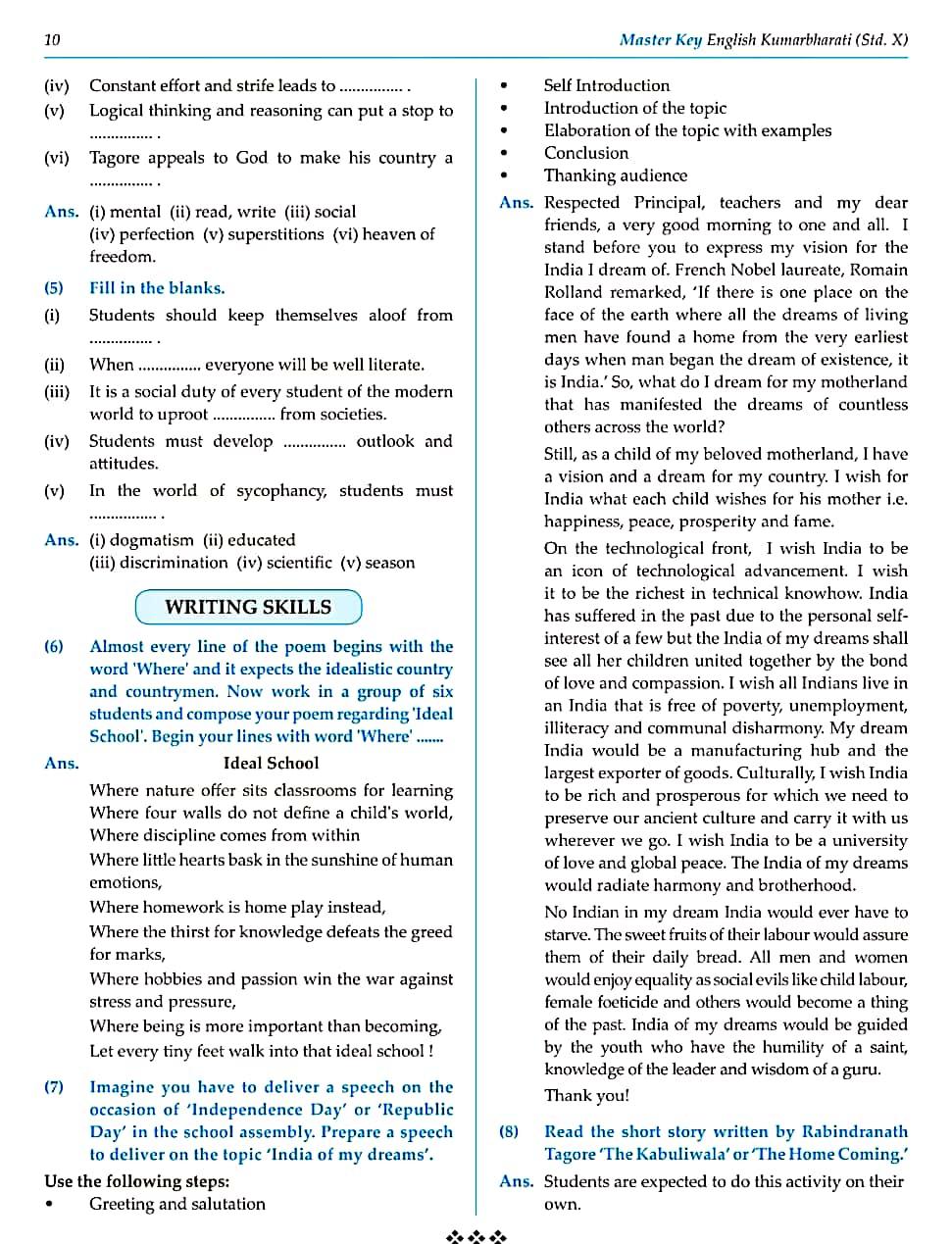
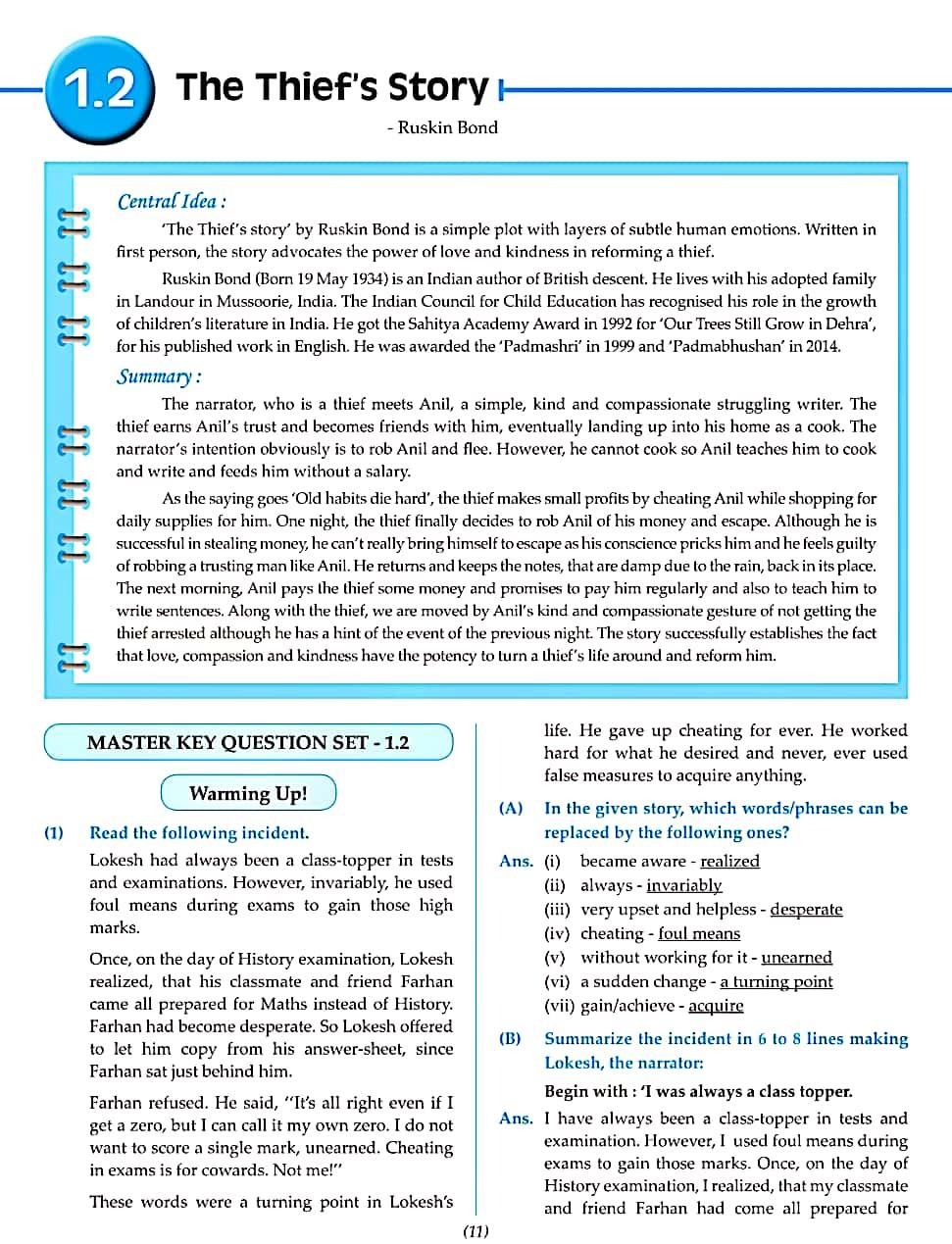


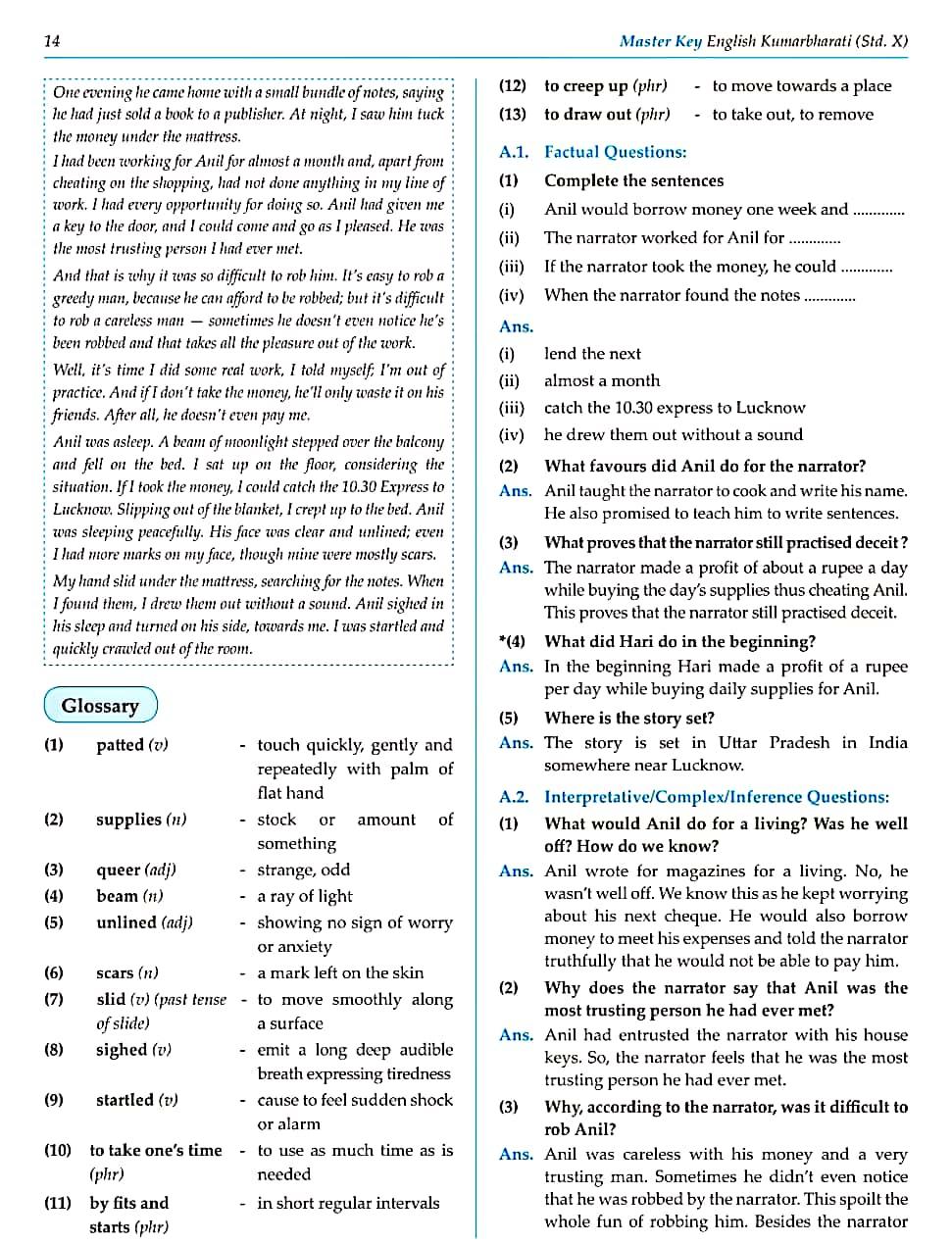

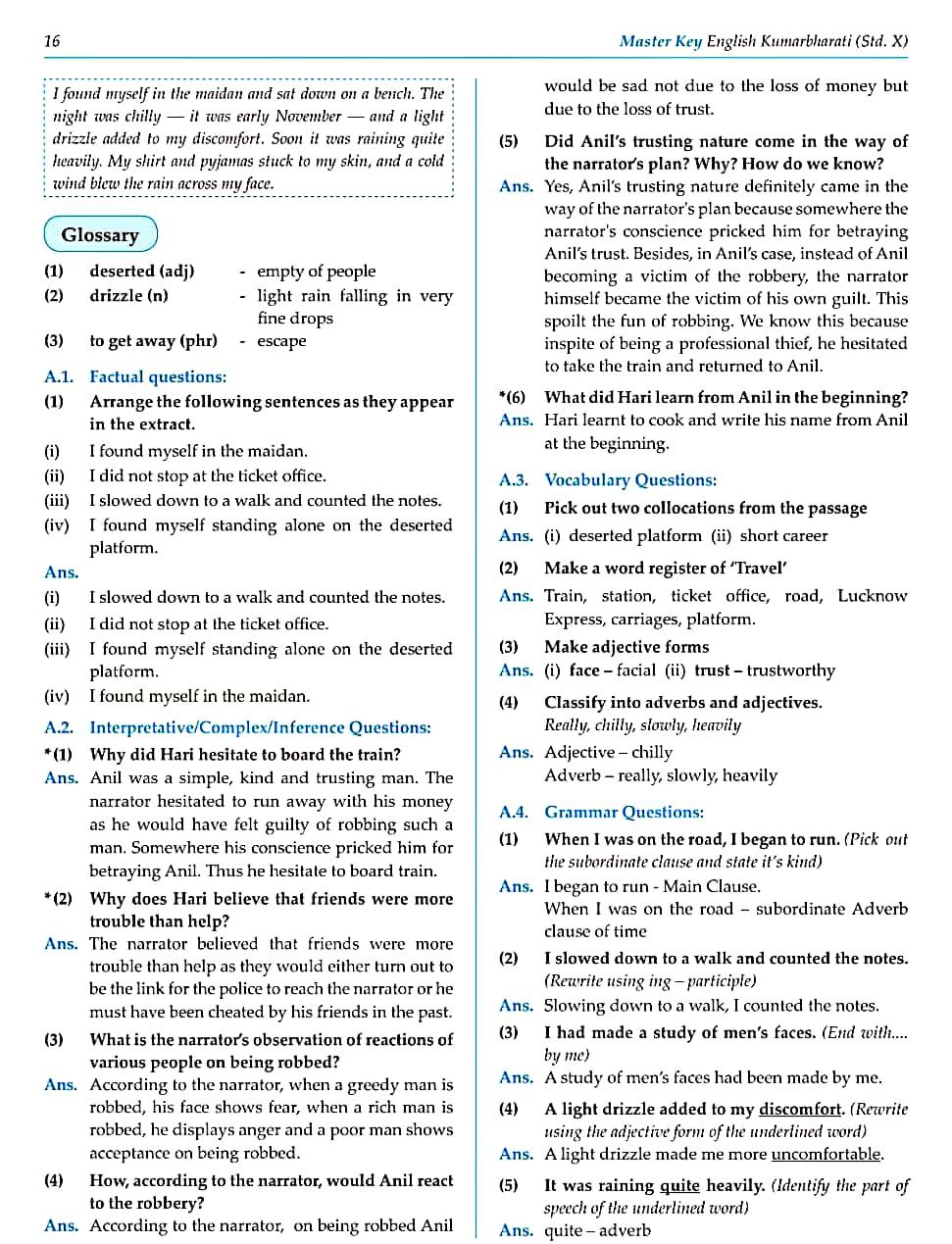

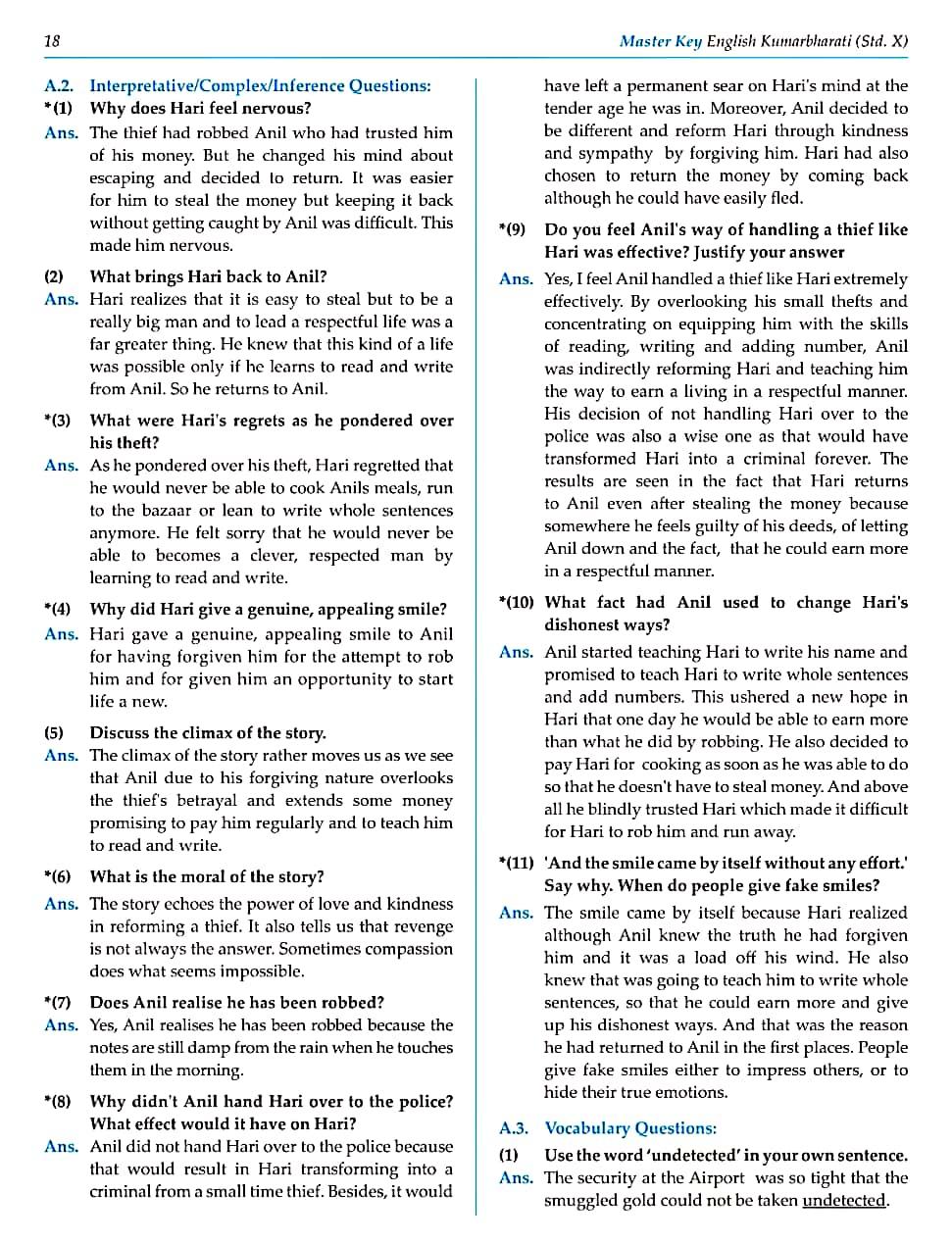
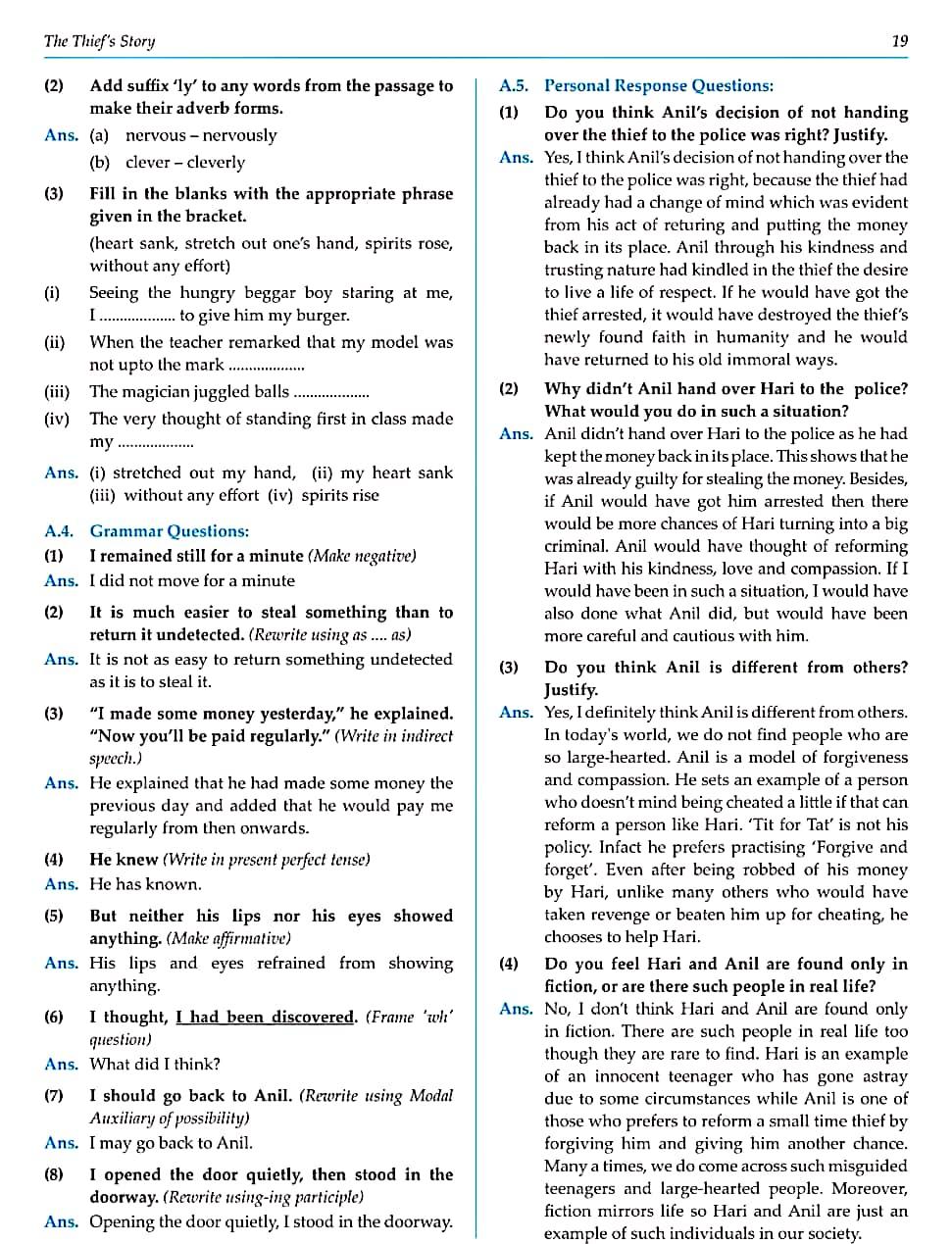




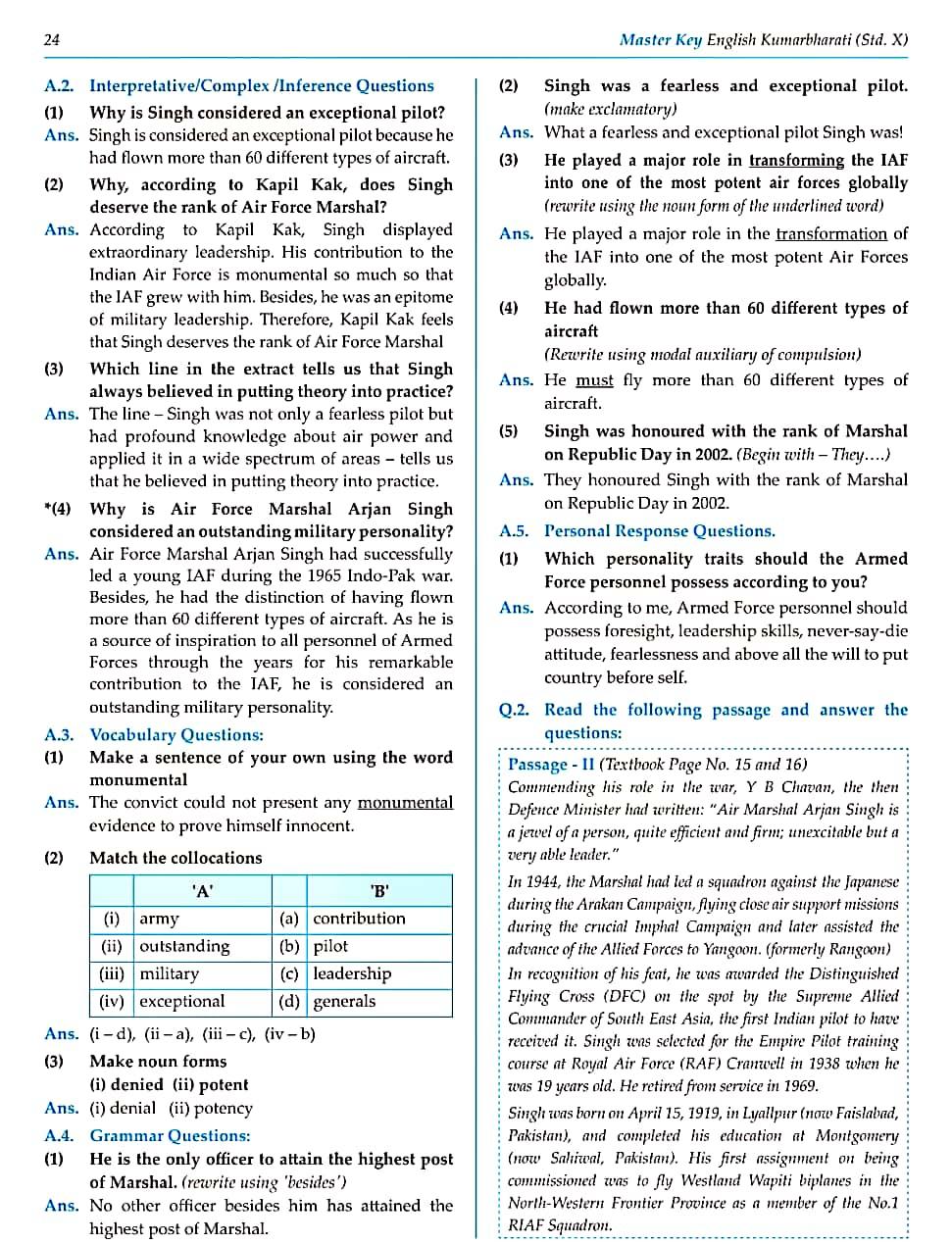
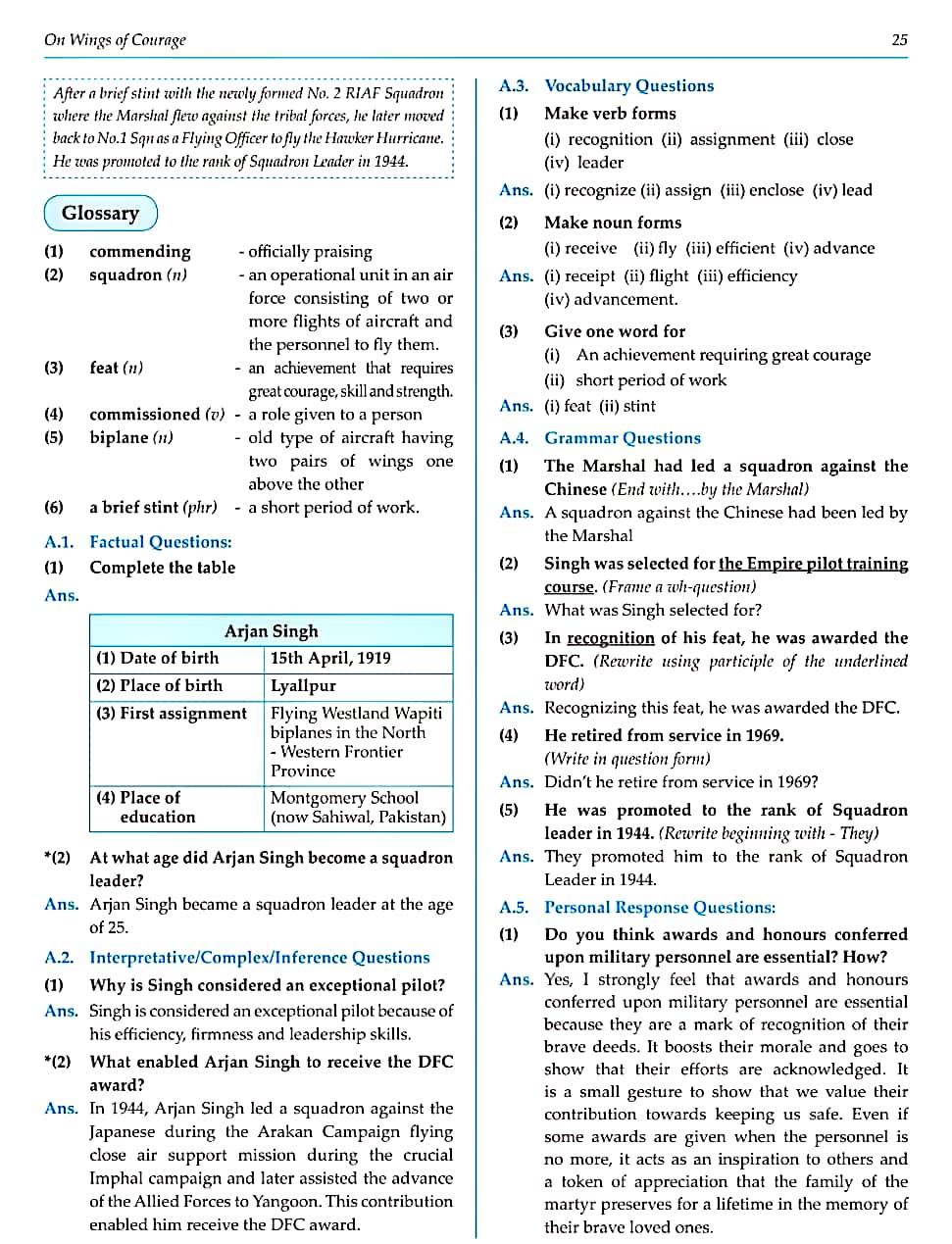
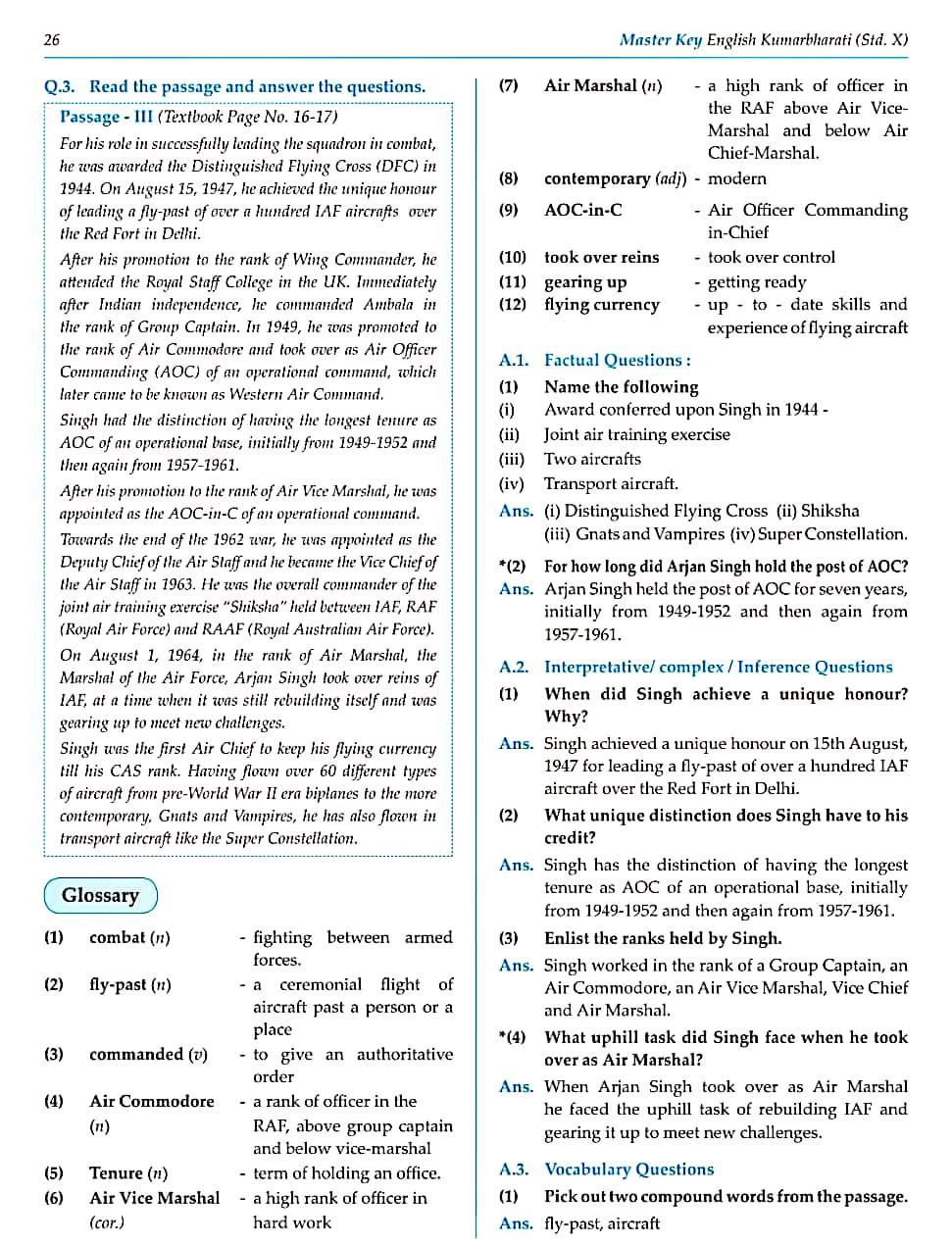

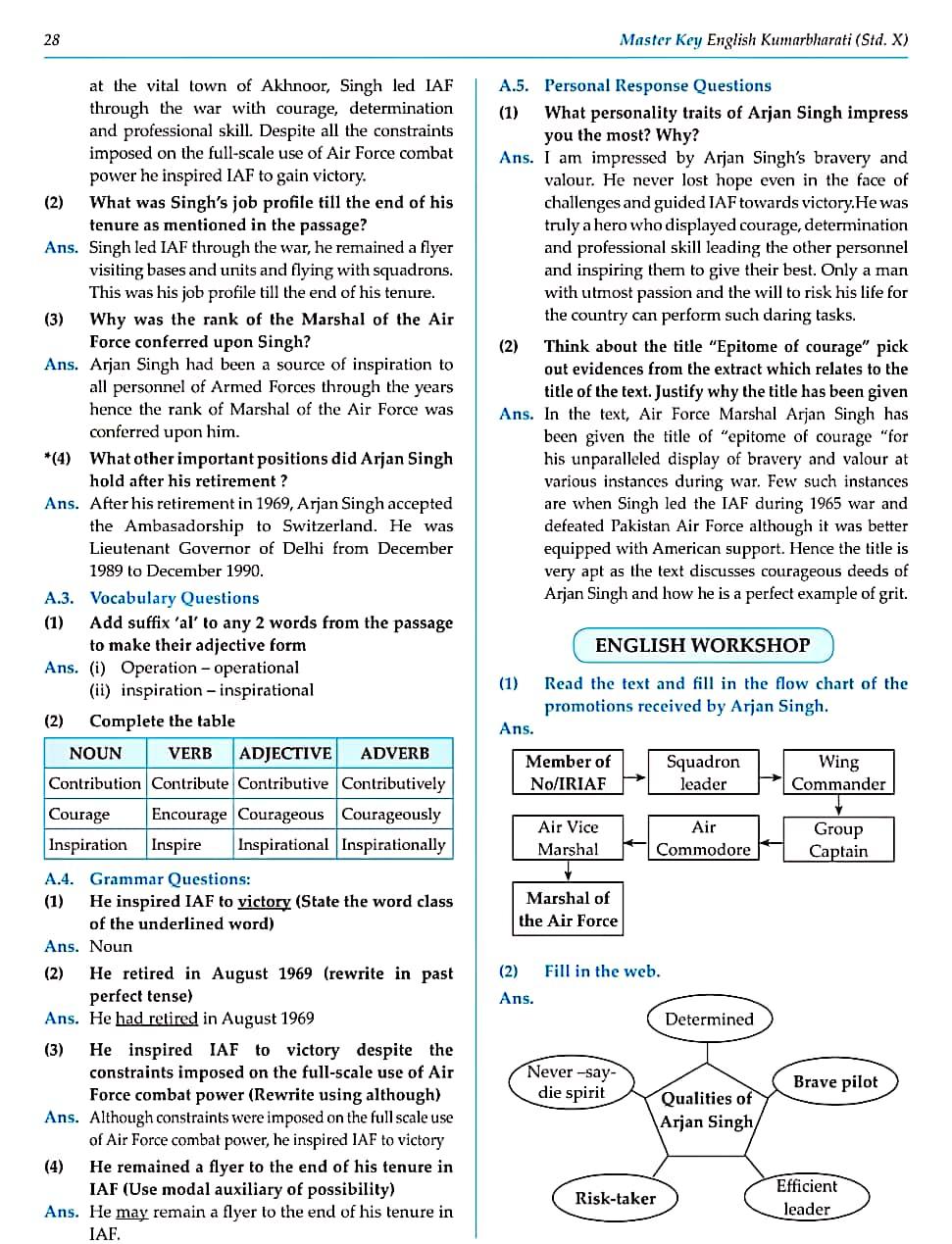
Another random document with no related content on Scribd:
one saw her on those days and not on others, which made one tremble to think that one might not see her again. Life had obligingly revealed to one in its whole extent the romance of this little girl, had lent one, for the study of her, first one optical instrument, then another, and had added to one’s carnal desire an accompaniment which multiplied it an hundredfold and diversified it with those other desires, more spiritual and less easily assuaged, which do not emerge from their torpor, leaving carnal desire to move by itself, when it aims only at the conquest of a piece of flesh, but which to gain possession of a whole tract of memories, whence they have felt the wretchedness of exile, rise in a tempest round about it, enlarge, extend it, are unable to follow it to the accomplishment, the assimilation, impossible in the form in which it is looked for, of an immaterial reality, but wait for this desire half way and at the moment of recollection, of return furnish it afresh with their escort; to kiss, instead of the cheeks of the first comer, however cool and fresh they might be, but anonymous, with no secret, with no distinction, those of which I had so long been dreaming, would be to know the taste, the savour of a colour on which I had endlessly gazed. One has seen a woman, a mere image in the decorative setting of life, like Albertine, outlined against the sea, and then one has been able to take that image, to detach it, to bring it close to oneself, gradually to discern its solidity, its colours, as though one had placed it behind the glasses of a stereoscope. It is for this reason that the women who are a little difficult, whose resistance one does not at once overcome, of whom one does not indeed know at first whether one ever will overcome it, are alone interesting. For to know them, to approach them, to conquer them is to make fluctuate in form, in dimensions, in relief the human image, is an example of relativity in the appreciation of an image which it is delightful to see afresh when it has resumed the slender proportions of a silhouette in the setting of one’s life. The women one meets first of all in a brothel are of no interest because they remain invariable.
In addition, Albertine preserved, inseparably attached to her, all my impressions of a series of seascapes of which I was particularly fond. I felt that it was possible for me, on the girl’s two cheeks, to kiss the whole of the beach at Balbec.
“If you really don’t mind my kissing you, I would rather put it off for a little and choose a good moment. Only you mustn’t forget that you’ve said I may. I shall want a voucher: ‘Valid for one kiss.’”
“Shall I have to sign it?”
“But if I took it now, should I be entitled to another later on?”
“You do make me laugh with your vouchers; I shall issue a new one every now and then.”
“Tell me; just one thing more. You know, at Balbec, before I had been introduced to you, you used often to have a hard, calculating look; you can’t tell me what you were thinking about when you looked like that?”
“No; I don’t remember at all.”
“Wait; this may remind you: one day your friend Gisèle put her feet together and jumped over the chair an old gentleman was sitting in. Try to remember what was in your mind at that moment.”
“Gisèle was the one we saw least of; she did belong to the band, I suppose, but not properly. I expect I thought that she was very illbred and common.”
“Oh, is that all?”
I should certainly have liked, before kissing her, to be able to fill her afresh with the mystery which she had had for me on the beach before I knew her, to find latent in her the place in which she had lived earlier still; for that, at any rate, if I knew nothing of it, I could substitute all my memories of our life at Balbec, the sound of the waves rolling up and breaking beneath my window, the shouts of the children. But when I let my eyes glide over the charming pink globe of her cheeks, the gently curving surfaces of which ran up to expire beneath the first foothills of her piled black tresses which ran in undulating mountain chains, thrust out escarped ramparts and moulded the hollows of deep valleys, I could not help saying to myself: “Now at last, after failing at Balbec, I am going to learn the fragrance of the secret rose that blooms in Albertine’s cheeks, and since the cycles through which we are able to make things and people pass in the course of our existence are comparatively few, perhaps I ought now to regard mine as nearing its end when, having made to emerge from its remoteness the flowering face that I had chosen from among all others, I shall have brought it into this new
plane in which I shall at last acquire a tactual experience of it with my lips.” I told myself this because I believed that there was such a thing as knowledge acquired by the lips; I told myself that I was going to know the taste of this fleshly rose, because I had never stopped to think that man, a creature obviously less rudimentary in structure than the sea-urchin or even the whale, is nevertheless still unprovided with a certain number of essential organs, and notably possesses none that will serve for kissing. The place of this absent organ he supplies with his lips, and thereby arrives perhaps at a slightly more satisfying result than if he were reduced to caressing the beloved with a horny tusk. But a pair of lips, designed to convey to the palate the taste of whatever whets the appetite, must be content, without ever realising their mistake or admitting their disappointment, with roaming over the surface and with coming to a halt at the barrier of the impenetrable but irresistible cheek. Besides, at such moments at the actual contact between flesh and flesh, the lips, even supposing them to become more expert and better endowed, could taste no better probably the savour which nature prevents their ever actually grasping, for in that desolate zone in which they are unable to find their proper nourishment, they are alone; the sense of sight, then that of smell have long since deserted them. To begin with, as my mouth began gradually to approach the cheeks which my eyes had suggested to it that it should kiss, my eyes, changing their position, saw a different pair of cheeks; the throat, studied at closer range and as though through a magnifying glass shewed in its coarse grain a robustness which modified the character of the face.
Apart from the most recent applications of the art of photography —which set crouching at the foot of a cathedral all the houses which, time and again, when we stood near them, have appeared to us to reach almost to the height of the towers, drill and deploy like a regiment, in file, in open order, in mass, the same famous and familiar structures, bring into actual contact the two columns on the Piazzetta which a moment ago were so far apart, thrust away the adjoining dome of the Salute, and in a pale and toneless background manage to include a whole immense horizon within the span of a bridge, in the embrasure of a window, among the leaves of a tree
that stands in the foreground and is portrayed in a more vigorous tone, give successively as setting to the same church the arched walls of all the others—I can think of nothing that can so effectively as a kiss evoke from what we believe to be a thing with one definite aspect, the hundred other things which it may equally well be since each is related to a view of it no less legitimate. In short, just as at Balbec Albertine had often appeared to me different, so now, as if, wildly accelerating the speed of the changes of aspect and changes of colouring which a person presents to us in the course of our various encounters, I had sought to contain them all in the space of a few seconds so as to reproduce experimentally the phenomenon which diversifies the individuality of a fellow creature, and to draw out one from another, like a nest of boxes, all the possibilities that it contains, in this brief passage of my lips towards her cheek it was ten Albertines that I saw; this single girl being like a goddess with several heads, that which I had last seen, if I tried to approach it, gave place to another. At least so long as I had not touched it, that head, I could still see it, a faint perfume reached me from it. But alas —for in this matter of kissing our nostrils and eyes are as ill placed as our lips are shaped—suddenly my eyes ceased to see; next, my nose, crushed by the collision, no longer perceived any fragrance, and, without thereby gaining any clearer idea of the taste of the rose of my desire, I learned, from these unpleasant signs, that at last I was in the act of kissing Albertine’s cheek.
Was it because we were enacting—as may be illustrated by the rotation of a solid body—the converse of our scene together at Balbec, because it was I, now, who was lying in bed and she who sat beside me, capable of evading any brutal attack and of dictating her pleasure to me, that she allowed me to take so easily now what she had refused me on the former occasion with so forbidding a frown? (No doubt from that same frown the voluptuous expression which her face assumed now at the approach of my lips differed only by a deviation of its lines immeasurably minute but one in which may be contained all the disparity that there is between the gesture of “finishing off” a wounded man and that of bringing him relief, between a sublime and a hideous portrait.) Not knowing whether I had to give the credit, and to feel grateful for this change of attitude
to some unwitting benefactor who in these last months, in Paris or at Balbec, had been working on my behalf, I supposed that the respective positions in which we were now placed might account for it. It was quite another explanation, however, that Albertine offered me; this, in short: “Oh, well, you see, that time at Balbec I didn’t know you properly. For all I knew, you might have meant mischief.” This argument left me in perplexity. Albertine was no doubt sincere in advancing it. So difficult is it for a woman to recognise in the movements of her limbs, in the sensations felt by her body in the course of an intimate conversation with a friend, the unknown sin into which she would tremble to think that a stranger was planning her fall.
In any case, whatever the modifications that had occurred at some recent time in her life, which might perhaps have explained why it was that she now readily accorded to my momentary and purely physical desire what at Balbec she had with horror refused to allow to my love, another far more surprising manifested itself in Albertine that same evening as soon as her caresses had procured in me the satisfaction which she could not have failed to notice, which, indeed, I had been afraid might provoke in her the instinctive movement of revulsion and offended modesty which Gilberte had given at a corresponding moment behind the laurel shrubbery in the ChampsElysées.
The exact opposite happened. Already, when I had first made her lie on my bed and had begun to fondle her, Albertine had assumed an air which I did not remember in her, of docile good will, of an almost childish simplicity. Obliterating every trace of her customary anxieties and interests, the moment preceding pleasure, similar in this respect to the moment after death, had restored to her rejuvenated features what seemed like the innocence of earliest childhood. And no doubt everyone whose special talent is suddenly brought into play becomes modest, devoted, charming; especially if by this talent he knows that he is giving us a great pleasure, he is himself happy in the display of it, anxious to present it to us in as complete a form as possible. But in this new expression on Albertine’s face there was more than a mere profession of disinterestedness, conscience, generosity, a sort of conventional and
unexpected devotion; and it was farther than to her own childhood, it was to the infancy of the race that she had reverted. Very different from myself who had looked for nothing more than a physical alleviation, which I had finally secured, Albertine seemed to feel that it would indicate a certain coarseness on her part were she to seem to believe that this material pleasure could be unaccompanied by a moral sentiment or was to be regarded as terminating anything. She, who had been in so great a hurry a moment ago, now, presumably because she felt that kisses implied love and that love took precedence of all other duties, said when I reminded her of her dinner:
“Oh, but that doesn’t matter in the least; I have plenty of time.”
She seemed embarrassed by the idea of getting up and going immediately after what had happened, embarrassed by good manners, just as Françoise when, without feeling thirsty, she had felt herself bound to accept with a seemly gaiety the glass of wine which Jupien offered her, would never have dared to leave him as soon as the last drops were drained, however urgent the call of duty. Albertine—and this was perhaps, with another which the reader will learn in due course, one of the reasons which had made me unconsciously desire her—was one of the incarnations of the little French peasant whose type may be seen in stone at Saint-Andrédes-Champs. As in Françoise, who presently nevertheless was to become her deadly enemy, I recognised in her a courtesy towards friend and stranger, a sense of decency, of respect for the bedside.
Françoise who, after the death of my aunt, felt obliged to speak only in a plaintive tone, would, in the months that preceded her daughter’s marriage, have been quite shocked if, when the young couple walked out together, the girl had not taken her lover’s arm. Albertine lying motionless beside me said:
“What nice hair you have; what nice eyes; you are a dear boy.”
When, after pointing out to her that it was getting late, I added: “You don’t believe me?” she replied, what was perhaps true but could be so only since the minute before and for the next few hours:
“I always believe you.”
She spoke to me of myself, my family, my social position. She said: “Oh, I know your parents know some very nice people. You are
a friend of Robert Forestier and Suzanne Delage.” For the moment these names conveyed absolutely nothing to me. But suddenly I remembered that I had indeed played as a child in the ChampsElysées with Robert Forestier, whom I had never seen since then. As for Suzanne Delage, she was the great-niece of Mme. Blatin, and I had once been going to a dancing lesson, and had even promised to take a small part in a play that was being acted in her mother’s drawing-room. But the fear of being sent into fits of laughter, and of a bleeding nose, had made me decline, so that I had never set eyes on her I had at the most a vague idea that I had once heard that the Swanns’ governess with the feather in her hat had at one time been with the Delages, but perhaps it was only a sister of this governess, or a friend. I protested to Albertine that Robert Forestier and Suzanne Delage occupied a very small place in my life. “That may be; but your mothers are friends, I can place you by that. I often pass Suzanne Delage in the Avenue de Messine, I admire her style.” Our mothers were acquainted only in the imagination of Mme. Bontemps, who having heard that I had at one time played with Robert Forestier, to whom, it appeared, I used to recite poetry, had concluded from that that we were bound by family ties. She could never, I gathered, hear my mother’s name mentioned without observing: “Oh yes, she is in the Delage Forestier set,” giving my parents a good mark which they had done nothing to deserve.
Apart from this, Albertine’s social ideas were fatuous in the extreme. She regarded the Simonnets with a double ‘n’ as inferior not only to the Simonets with a single ‘n’ but to everyone in the world. That some one else should bear the same name as yourself without belonging to your family is an excellent reason for despising him. Of course there are exceptions. It may happen that two Simonnets (introduced to one another at one of those gatherings where one feels the need to converse, no matter on what subject, and where moreover one is instinctively well disposed towards strangers, for instance in a funeral procession on its way to the cemetery), finding that they have the same name, will seek with a mutual friendliness though without success to discover a possible connexion. But that is only an exception. Plenty of people are of dubious character, but we either know nothing or care nothing about
them. If, however, a similarity of names brings to our door letters addressed to them, or vice versa, we at once feel a mistrust, often justified, as to their moral worth. We are afraid of being confused with them, we forestall the mistake by a grimace of disgust when anyone refers to them in our hearing. When we read our own name, as borne by them, in the newspaper, they seem to have usurped it. The transgressions of other members of the social organism leave us cold. We lay the burden of them more heavily upon our namesakes. The hatred which we bear towards the other Simonnets is all the stronger in that it is not a personal feeling but has been transmitted by heredity. After the second generation we remember only the expression of disgust with which our grandparents used to refer to the other Simonnets, we know nothing of the reason, we should not be surprised to learn that it had begun with a murder. Until, as is not uncommon, the time comes when a male and female Simonnet, who are not related in any way, are joined together in matrimony and so repair the breach.
Not only did Albertine speak to me of Robert Forestier and Suzanne Delage, but spontaneously, with that impulse to confide which the approximation of two human bodies creates, that is to say at first, before it has engendered a special duplicity and reticence in one person towards the other, she told me a story about her own family and one of Andrée’s uncles, as to which, at Balbec, she had refused to utter a word; thinking that now she ought not to appear to have any secrets in which I might not share. From this moment, had her dearest friend said anything to her against me, she would have made it her duty to inform me. I insisted upon her going home, and finally she did go, but so ashamed on my account at my discourtesy that she laughed almost as though to apologise for me, as a hostess to whose party you have gone without dressing makes the best of you but is offended nevertheless.
“Are you laughing at me?” I inquired.
“I am not laughing, I am smiling at you,” she replied lovingly “When am I going to see you again?” she went on, as though declining to admit that what had just happened between us, since it is generally the crowning consummation, might not be at least the prelude to a great friendship, a friendship already existing which we
should have to discover, to confess, and which alone could account for the surrender we had made of ourselves.
“Since you give me leave, I shall send for you when I can.” I dared not let her know that I was subordinating everything else to the chance of seeing Mme. de Stermaria. “It will have to be at short notice, unfortunately,” I went on, “I never know beforehand. Would it be possible for me to send round for you in the evenings, when I am free?”
“It will be quite possible in a little while, I am going to have a latchkey of my own. But just at present it can’t be done. Anyhow I shall come round to-morrow or next day in the afternoon. You needn’t see me if you’re busy.”
On reaching the door, surprised that I had not anticipated her, she offered me her cheek, feeling that there was no need now for any coarse physical desire to prompt us to kiss one another. The brief relations in which we had just indulged being of the sort to which an absolute intimacy and a heartfelt choice often tend, Albertine had felt it incumbent upon her to improvise and add provisionally to the kisses which we had exchanged on my bed the sentiment of which those kisses would have been the symbol for a knight and his lady such as they might have been conceived in the mind of a gothic minstrel.
When she had left me, this young Picard, who might have been carved on his porch by the image-maker of Saint-André-desChamps, Françoise brought me a letter which filled me with joy, for it was from Mme. de Stermaria, who accepted my invitation to dinner. From Mme. de Stermaria, that was to say for me not so much from the real Mme. de Stermaria as from her of whom I had been thinking all day before Albertine’s arrival. It is the terrible deception of love that it begins by engaging us in play not with a woman of the external world but with a puppet fashioned and kept in our brain, the only form of her moreover that we have always at our disposal, the only one that we shall ever possess, one which the arbitrary power of memory, almost as absolute as that of imagination, may have made as different from the real woman as had been from the real Balbec the Balbec of my dreams; an artificial creation to which by
degrees, and to our own hurt, we shall force the real woman into resemblance.
Albertine had made me so late that the play had just finished when I entered Mme. de Villeparisis’s drawing-room; and having little desire to be caught in the stream of guests who were pouring out, discussing the great piece of news, the separation, said to be already effected, of the Duc de Guermantes from his wife, I had, until I should have an opportunity of shaking hands with my hostess, taken my seat on an empty sofa in the outer room, when from the other, in which she had no doubt had her chair in the very front row of all, I saw emerging, majestic, ample and tall in a flowing gown of yellow satin upon which stood out in relief huge black poppies, the Duchess herself. The sight of her no longer disturbed me in the least. There had been a day when, laying her hands on my forehead (as was her habit when she was afraid of hurting my feelings) and saying: “You really must stop hanging about trying to meet Mme. de Guermantes. All the neighbours are talking about you. Besides, look how ill your grandmother is, you really have something more serious to think about than waylaying a woman who only laughs at you,” in a moment, like a hypnotist who brings one back from the distant country in which one imagined oneself to be, and opens one’s eyes for one, or like the doctor who, by recalling one to a sense of duty and reality, cures one of an imaginary disease in which one has been indulging one’s fancy, my mother had awakened me from an unduly protracted dream. The rest of the day had been consecrated to a last farewell to this malady which I was renouncing; I had sung, for hours on end and weeping as I sang, the sad words of Schubert’s Adieu:
Farewell, strange voices call thee Away from me, dear sister of the angels.
And then it had finished. I had given up my morning walks, and with so little difficulty that I thought myself justified in the prophecy (which we shall see was to prove false later on) that I should easily grow accustomed in the course of my life to ceasing to see a woman. And when, shortly afterwards, Françoise had reported to me that Jupien, anxious to enlarge his business, was looking for a shop in the neighbourhood, wishing to find one for him (quite happy, moreover, when strolling along a street which already from my bed I had heard luminously vociferous like a peopled beach, to see behind the raised iron shutters of the dairies the young milk-girls with their white sleeves), I had been able to begin these excursions again. Nor did I feel the slightest constraint; for I was conscious that I was no longer going out with the object of seeing Mme. de Guermantes; much as a married woman who takes endless precautions so long as she has a lover, from the day on which she has broken with him leaves his letters lying about, at the risk of disclosing to her husband an infidelity which ceased to alarm her the moment she ceased to be guilty of it. What troubled me now was the discovery that almost every house sheltered some unhappy person. In one the wife was always in tears because her husband was unfaithful to her. In the next it was the other way about. In another a hardworking mother, beaten black and blue by a drunkard son, was endeavouring to conceal her sufferings from the eyes of the neighbours. Quite half of the human race was in tears. And when I came to know the people who composed it I saw that they were so exasperating that I asked myself whether it might not be the adulterous husband and wife (who were so simply because their lawful happiness had been withheld from them, and shewed themselves charming and faithful to everyone but their respective wife and husband) who were in the right. Presently I ceased to have even the excuse of being useful to Jupien for continuing my morning wanderings. For we learned that the cabinet-maker in our courtyard, whose workrooms were separated from Jupien’s shop only by the flimsiest of partitions, was
shortly to be “given notice” by the Duke’s agent because his hammering made too much noise. Jupien could have hoped for nothing better; the workrooms had a basement for storing timber, which communicated with our cellars. He could keep his coal in this, he could knock down the partition, and would then have a huge shop all in one room. But even without the amusement of house-hunting on his behalf I had continued to go out every day before luncheon, just as Jupien himself, finding the rent that M. de Guermantes was asking him exorbitant, was allowing the premises to be inspected in the hope that, discouraged by his failure to find a tenant, the Duke would resign himself to accepting a lower offer. Françoise, noticing that, even at an hour when no prospective tenant was likely to call, the porter left the door of the empty shop on the latch, scented a trap laid by him to entice the young woman who was engaged to the Guermantes footman (they would find a lovers’ retreat there) and to catch them red-handed.
However that might be, and for all that I had no longer to find Jupien a new shop, I still went out before luncheon. Often, on these excursions, I met M. de Norpois. It would happen that, conversing as he walked with a colleague, he cast at me a glance which after making a thorough scrutiny of my person returned to his companion without his having smiled at me or given me any more sign of recognition than if he had never set eyes on me before. For, with these eminent diplomats, looking at you in a certain way is intended to let you know not that they have seen you but that they have not seen you and that they have some serious question to discuss with the colleague who is accompanying them. A tall woman whom I frequently encountered near the house was less discreet with me. For in spite of the fact that I did not know her, she would turn round to look at me, would wait for me, unavailingly, before shop windows, smile at me as though she were going to kiss me, make gestures indicative of a complete surrender. She resumed an icy coldness towards me if anyone appeared whom she knew For a long time now in these morning walks, thinking only of what I had to do, were it but the most trivial purchase of a newspaper, I had chosen the shortest way, with no regret were it outside the ordinary course which the Duchess followed in her walks, and if on the other hand it
lay along that course, without either compunction or concealment, because it no longer appeared to me the forbidden way on which I should snatch from an ungrateful woman the favour of setting eyes on her against her will. But it had never occurred to me that my recovery, when it restored me to a normal attitude towards Mme. de Guermantes, would have a corresponding effect on her, and so render possible a friendliness, even a friendship in which I no longer felt any interest. Until then, the efforts of the entire world banded together to bring me into touch with her would have been powerless to counteract the evil spell that is cast by an ill-starred love. Fairies more powerful than mankind have decreed that in such cases nothing can avail us until the day on which we have uttered sincerely and from our hearts the formula: “I am no longer in love.” I had been vexed with Saint-Loup for not having taken me to see his aunt. But he was no more capable than anyone else of breaking an enchantment. So long as I was in love with Mme. de Guermantes, the marks of politeness that I received from others, their compliments actually distressed me, not only because they did not come from her but because she would never hear of them. And yet even if she had known of them it would not have been of the slightest use to me. Indeed, among the lesser auxiliaries to success in love, an absence, the declining of an invitation to dinner, an unintentional, unconscious harshness are of more service than all the cosmetics and fine clothes in the world. There would be plenty of social success, were people taught upon these lines the art of succeeding.
As she swept through the room in which I was sitting, her mind filled with thoughts of friends whom I did not know and whom she would perhaps be meeting presently at some other party, Mme. de Guermantes caught sight of me on my sofa, genuinely indifferent and seeking only to be polite whereas while I was in love I had tried so desperately, without ever succeeding, to assume an air of indifference; she swerved aside, came towards me and, reproducing the smile she had worn that evening at the Opéra-Comique, which the unpleasant feeling of being cared for by some one for whom she did not care was no longer there to obliterate: “No, don’t move; you don’t mind if I sit down beside you for a moment?” she asked,
gracefully gathering in her immense skirt which otherwise would have covered the entire sofa.
Of less stature than she, who was further expanded by the volume of her gown, I was almost brushed by her exquisite bare arm round which a faint, innumerable down rose in perpetual smoke like a golden mist, and by the fringe of her fair tresses which wafted their fragrance over me. Having barely room to sit down, she could not turn easily to face me, and so, obliged to look straight before her rather than in my direction, assumed the sort of dreamy, sweet expression one sees in a portrait.
“Have you any news of Robert?” she inquired.
At that moment Mme. de Villeparisis entered the room.
“Well, sir, you arrive at a fine time, when we do see you here for once in a way!” And noticing that I was talking to her niece, concluding, perhaps, that we were more intimate than she had supposed: “But don’t let me interrupt your conversation with Oriane,” she went on, and (for these good offices as pander are part of the duties of the perfect hostess): “You wouldn’t care to dine with her here on Thursday?”
It was the day on which I was to entertain Mme. de Stermaria, so I declined.
“Saturday, then?”
As my mother was returning on Saturday or Sunday, it would never do for me not to stay at home every evening to dine with her; I therefore declined this invitation also.
“Ah, you’re not an easy person to get hold of.”
“Why do you never come to see me?” inquired Mme. de Guermantes when Mme. de Villeparisis had left us to go and congratulate the performers and present the leading lady with a bunch of roses upon which the hand that offered it conferred all its value, for it had cost no more than twenty francs. (This, incidentally, was as high as she ever went when an artist had performed only once. Those who gave their services at all her afternoons and evenings throughout the season received roses painted by the Marquise.)
“It’s such a bore that we never see each other except in other people’s houses. Since you won’t meet me at dinner at my aunt’s,
why not come and dine with me?” Various people who had stayed to the last possible moment, upon one pretext or another, but were at length preparing to leave, seeing that the Duchess had sat down to talk to a young man on a seat so narrow as just to contain them both, thought that they must have been misinformed, that it was the Duchess, and not the Duke, who was seeking a separation, and on my account. Whereupon they hastened to spread abroad this intelligence. I had better grounds than anyone to be aware of its falsehood. But I was myself surprised that at one of those difficult periods in which a separation that is not yet completed is beginning to take effect, the Duchess, instead of withdrawing from society should go out of her way to invite a person whom she knew so slightly. The suspicion crossed my mind that it had been the Duke alone who had been opposed to her having me in the house, and that now that he was leaving her she saw no further obstacle to her surrounding herself with the people that she liked.
A minute earlier I should have been stupefied had anyone told me that Mme. de Guermantes was going to ask me to call on her, let alone to dine with her. I might be perfectly aware that the Guermantes drawing-room could not furnish those particular refinements which I had extracted from the name of its occupants, the fact that it had been forbidden ground to me, by obliging me to give it the same kind of existence that we give to the drawing-rooms of which we have read the description in a novel, or seen the image in a dream, made me, even when I was certain that it was just like any other, imagine it as quite different. Between myself and it was the barrier at which reality ends. To dine with the Guermantes was like travelling to a place I had long wished to see, making a desire emerge from my brain and take shape before my eyes, forming acquaintance with a dream. At the most, I might have supposed that it would be one of those dinners to which one’s hosts invite one with: “Do come; there’ll be absolutely nobody but ourselves,” pretending to attribute to the pariah the alarm which they themselves feel at the thought of his mixing with their other friends, seeking indeed to convert into an enviable privilege, reserved for their intimates alone, the quarantine of the outsider, hopelessly uncouth, whom they are befriending. I felt on the contrary that Mme. de Guermantes was
anxious for me to enjoy the most delightful society that she had to offer me when she went on, projecting as she spoke before my eyes as it were the violet-hued loveliness of a visit to Fabrice’s aunt with the miracle of an introduction to Count Mosca:
“On Friday, now, couldn’t you? There are just a few people coming; the Princesse de Parme, who is charming, not that I’ld ask you to meet anyone who wasn’t nice.”
Discarded in the intermediate social grades which are engaged in a perpetual upward movement, the family still plays an important part in certain stationary grades, such as the lower middle class and the semi-royal aristocracy, which latter cannot seek to raise itself since above it, from its own special point of view, there exists nothing higher. The friendship shewn me by her “aunt Villeparisis” and Robert had perhaps made me, for Mme. de Guermantes and her friends, living always upon themselves and in the same little circle, the object of a curious interest of which I had no suspicion.
She had of those two relatives a familiar, everyday, homely knowledge, of a sort, utterly different from what we imagine, in which if we happen to be comprised in it, so far from our actions being at once ejected, like the grain of dust from the eye or the drop of water from the windpipe, they are capable of remaining engraved, and will still be related and discussed years after we ourselves have forgotten them, in the palace in which we are astonished to find them preserved, like a letter in our own handwriting among a priceless collection of autographs.
People who are merely fashionable may set a guard upon doors which are too freely invaded. But the Guermantes door was not that. Hardly ever did a stranger have occasion to pass by it. If, for once in a way, the Duchess had one pointed out to her, she never dreamed of troubling herself about the social increment that he would bring, since this was a thing that she conferred and could not receive. She thought only of his real merits. Both Mme. de Villeparisis and SaintLoup had testified to mine. Doubtless she might not have believed them if she had not at the same time observed that they could never manage to secure me when they wanted me, and therefore that I attached no importance to worldly things, which seemed to the
Duchess a sign that the stranger was to be numbered among what she called “nice people”.
It was worth seeing, when one spoke to her of women for whom she did not care, how her face changed as soon as one named, in connexion with one of these, let us say, her sister-in-law. “Oh, she is charming!” the Duchess would exclaim in a judicious, confident tone. The only reason that she gave was that this lady had declined to be introduced to the Marquise de Chaussegros and the Princesse de Silistrie. She did not add that the lady had declined also an introduction to herself, the Duchesse de Guermantes. This had, nevertheless, been the case, and ever since the mind of the Duchess had been at work trying to unravel the motives of a woman who was so hard to know, she was dying to be invited to call on her. People in society are so accustomed to be sought after that the person who shuns them seems to them a phoenix and at once monopolises their attention.
Was the true motive in the mind of Mme. de Guermantes for thus inviting me (now that I was no longer in love with her) that I did not run after her relatives, although apparently run after myself by them? I cannot say. In any case, having made up her mind to invite me, she was anxious to do me the honours of the best company at her disposal and to keep away those of her friends whose presence might have dissuaded me from coming again, those whom she knew to be boring. I had not known to what to attribute her change of direction, when I had seen her deviate from her stellar path, come to sit down beside me and had heard her invite me to dinner, the effect of causes unknown for want of a special sense to enlighten us in this respect. We picture to ourselves the people who know us but slightly —such as, in my case, the Duchesse de Guermantes—as thinking of us only at the rare moments at which they set eyes on us. As a matter of fact this ideal oblivion in which we picture them as holding us is a purely arbitrary conception on our part. So that while, in our solitary silence, like that of a cloudless night, we imagine the various queens of society pursuing their course in the heavens at an infinite distance, we cannot help an involuntary start of dismay or pleasure if there falls upon us from that starry height, like a meteorite engraved
with our name which we supposed to be unknown on Venus or Cassiopeia, an invitation to dinner or a piece of malicious gossip. Perhaps now and then when, following the example of the Persian princes who, according to the Book of Esther, made their scribes read out to them the registers in which were enrolled the names of those of their subjects who had shewn zeal in their service, Mme. de Guermantes consulted her list of the well-disposed, she had said to herself, on coming to my name: “A man we must ask to dine some day.” But other thoughts had distracted her
(Beset by surging cares, a Prince’s mind Towards fresh matters ever is inclined)
until the moment when she had caught sight of me sitting alone like Mordecai at the palace gate; and, the sight of me having refreshed her memory, sought, like Ahasuerus, to lavish her gifts upon me.
I must at the same time add that a surprise of a totally different sort was to follow that which I had felt on hearing Mme. de Guermantes ask me to dine with her. Since I had decided that it would shew greater modesty, on my part, and gratitude also not to conceal this initial surprise, but rather to exaggerate my expression of the delight that it gave me, Mme. de Guermantes, who was getting ready to go on to another, final party, had said to me, almost as a justification and for fear of my not being quite certain who she was, since I appeared so astonished at being invited to dine with her: “You know I’m the aunt of Robert de Saint-Loup, who is such a friend of yours; besides we have met before.” In replying that I was aware of this I added that I knew also M. de Charlus, “who had been very good to me at Balbec and in Paris.” Mme. de Guermantes appeared dumbfoundered, and her eyes seemed to turn, as though for a verification of this statement, to some page, already filled and turned, of her internal register of events. “What, so you know Palamède, do you?” This name assumed on the lips of Mme. de Guermantes a great charm, due to the instinctive simplicity with which she spoke of a man who was socially so brilliant a figure, but for her was no more than her brother-in-law and the cousin with whom she had grown up. And on the confused greyness which the life of the Duchesse de
Guermantes was for me this name, Palamède, shed as it were the radiance of long summer days on which she had played with him as a girl, at Guermantes, in the garden. Moreover, in this long outgrown period in their lives, Oriane de Guermantes and her cousin Palamède had been very different from what they had since become; M. de Charlus in particular, entirely absorbed in the artistic pursuits from which he had so effectively restrained himself in later life that I was stupefied to learn that it was he who had painted the huge fan with black and yellow irises which the Duchess was at this moment unfurling. She could also have shewn me a little sonatina which he had once composed for her. I was completely unaware that the Baron possessed all these talents, of which he never spoke. Let me remark in passing that M. de Charlus did not at all relish being called “Palamède” by his family. That the form “Mémé” might not please him one could easily understand. These stupid abbreviations are a sign of the utter inability of the aristocracy to appreciate its own poetic beauty (in Jewry, too, we may see the same defect, since a nephew of Lady Israels, whose name was Moses, was commonly known as “Momo”) concurrently with its anxiety not to appear to attach any importance to what is aristocratic. Now M. de Charlus had, in this connexion, a greater wealth of poetic imagination and a more blatant pride. But the reason for his distaste for “Mémé” could not be this, since it extended also to the fine name Palamède. The truth was that, considering, knowing himself to come of a princely stock, he would have liked his brother and sister-in-law to refer to him as “Charlus”, just as Queen Marie-Amélie and Duc d’Orléans might have spoken of their sons and grandsons, brothers and nephews as “Joinville, Nemours, Chartres, Paris.”
“What a humbug Mémé is!” she exclaimed. “We talked to him about you for hours; he told us that he would be delighted to make your acquaintance, just as if he had never set eyes on you. You must admit he’s odd, and—though it’s not very nice of me to say such a thing about a brother-in-law I’m devoted to, and really do admire immensely—a trifle mad at times.”
I was struck by the application of this last epithet to M. de Charlus, and said to myself that this half-madness might perhaps account for certain things, such as his having appeared so delighted by his own
proposal that I should ask Bloch to castigate his mother I decided that, by reason not only of the things he said but of the way in which he said them, M. de Charlus must be a little mad. The first time that one listens to a barrister or an actor, one is surprised by his tone, so different from the conversational. But, observing that everyone else seems to find this quite natural, one says nothing about it to other people, one says nothing in fact to oneself, one is content with appreciating the degree of talent shewn. At the most, one may think, of an actor at the Théâtre-Français: “Why, instead of letting his raised arm fall naturally, did he make it drop in a series of little jerks broken by pauses for at least ten minutes?” or of a Labori: “Why, whenever he opened his mouth, did he utter those tragic, unexpected sounds to express the simplest things?” But as everybody admits these actions to be necessary and obvious one is not shocked by them. So, upon thinking it over, one said to oneself that M. de Charlus spoke of himself with undue emphasis in a tone which was not in the least that of ordinary speech. It seemed as though one might have at any moment interrupted him with: “But why do you shout so? Why are you so offensive?” only everyone seemed to have tacitly agreed that it was all right. And one took one’s place in the circle which applauded his outbursts. But certainly, at certain moments, a stranger might have thought that he was listening to the ravings of a maniac.
“But are you sure you’re not thinking of some one else? Do you really mean my brother-in-law Palamède?” went on the Duchess, a trace of impertinence grafted upon her natural simplicity.
I replied that I was absolutely sure, and that M. de Charlus must have failed to catch my name.
“Oh well! I shall leave you now,” said Mme. de Guermantes, as though she regretted the parting. “I must look in for a moment at the Princesse de Ligne’s. You aren’t going on there? No? You don’t care for parties? You’re very wise, they are too boring for words. If only I hadn’t got to go. But she’s my cousin; it wouldn’t be polite. I am sorry, selfishly, for my own sake, because I could have taken you there, and brought you back afterwards, too. So I shall say good-bye now, and look forward to Friday.”
